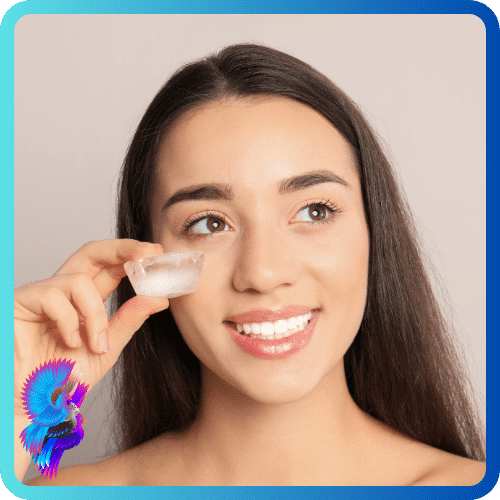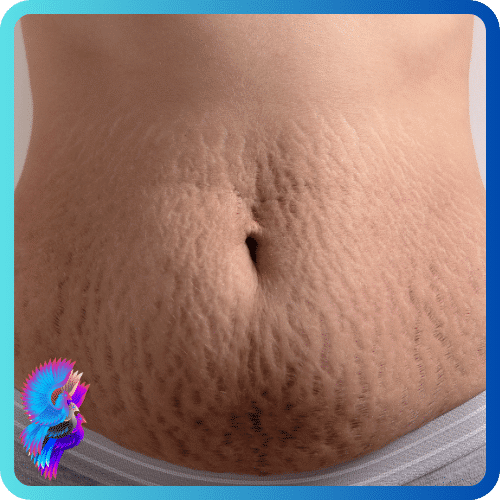Advertisements
Why You Should Floss Your Teeth Every Day?
You probably know that brushing your teeth twice a day is essential for keeping your smile healthy and bright.
But did you know that flossing your teeth is equally important?
Flossing is not just a way to get rid of those annoying food bits stuck between your teeth it is also a crucial part of preventing tooth decay and gum disease.
Flossing removes plaque and bacteria from the spaces that your toothbrush can’t reach, such as between your teeth and along your gum line.
Plaque is a sticky film that forms on your teeth when you eat or drink foods and beverages that contain sugars or starches.
If plaque is not removed regularly, it can harden into tartar, which can cause discoloration and damage to your teeth and gums.
According to the American Dental Association (ADA), flossing at least once a day can help prevent cavities and gum disease by reducing plaque buildup.
Flossing can also help improve your breath by removing odor-causing bacteria from your mouth.
Flossing is easy and takes only a few minutes.
Here are some tips on how to floss properly:
- Break off about 18 inches of floss and wind most of it around one of your middle fingers. Wind the remaining floss around the same finger of the opposite hand.
- This finger will take up the used floss as you go along.
- Hold the floss tightly between your thumbs and index fingers,
- leaving about an inch of floss between them.
- Gently slide the floss between your teeth, using a back-and-forth motion. Do not snap the floss into your gums, as this can cause bleeding and irritation.
- Curve the floss around the base of each tooth, making sure to go beneath the gum line. Use a gentle up-and-down motion to scrape off the plaque and food particles from each tooth surface.
- As you move from one tooth to another, use a clean section of floss by unwinding it from one finger and winding it onto the other.
- Repeat this process for all your teeth, including the back ones.
- Rinse your mouth with water or mouthwash after flossing to remove any debris.
It is generally recommended that you floss before brushing your teeth, as this can help dislodge any plaque or food particles that you can then brush away However, the most important thing is to floss regularly, regardless of the order.
If you find flossing difficult or uncomfortable, you can try using other interdental cleaning devices, such as dental tape, floss picks, water flossers, or interdental brushes.
These tools can also help you clean between your teeth effectively.
Flossing is a simple but powerful habit that can make a big difference in your oral health.
By flossing every day, you can keep your teeth and gums healthy and prevent serious problems in the future.
So don’t forget to floss!
However, they may not be suitable for everyone, so consult your dentist before using them.
Advertisements





























